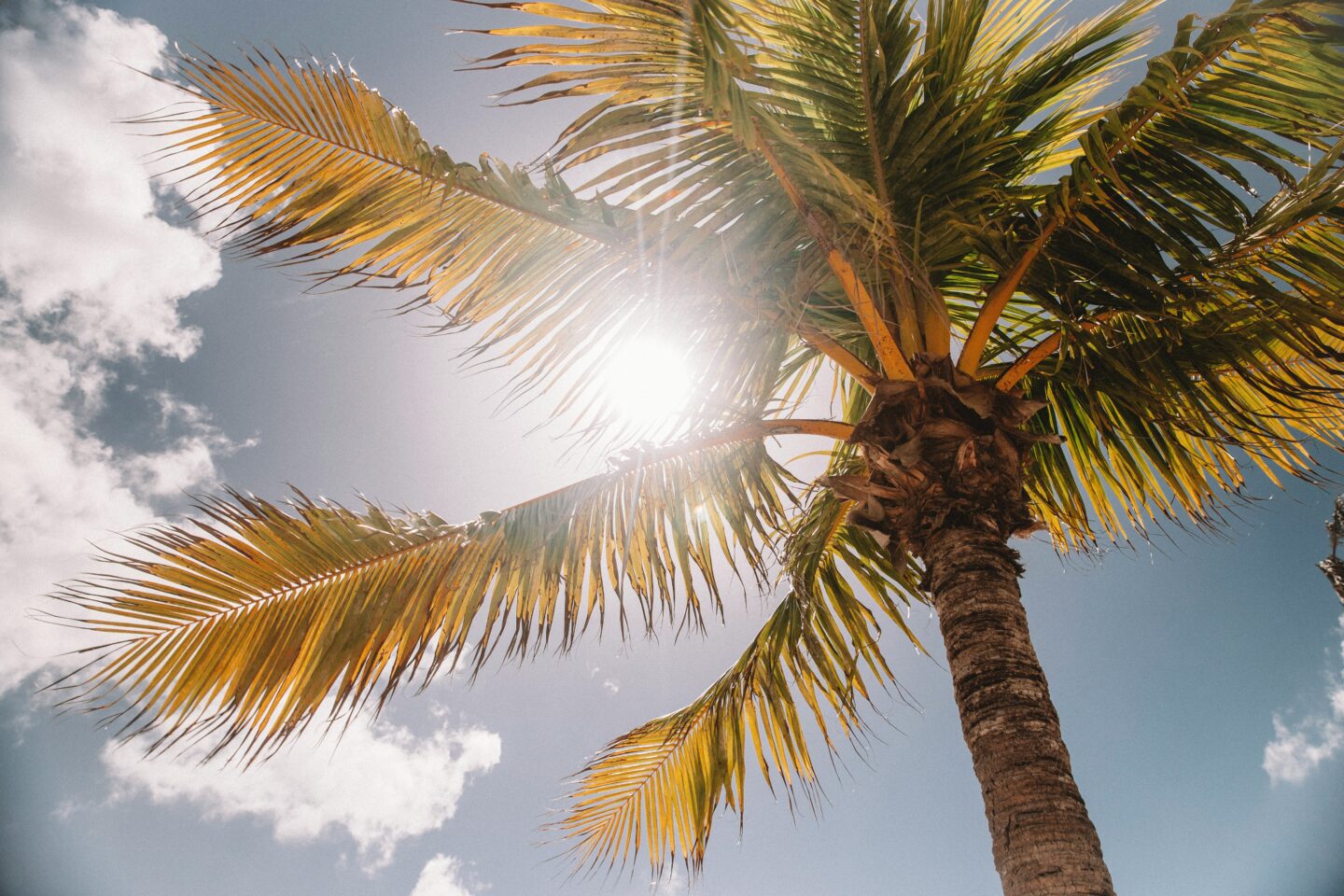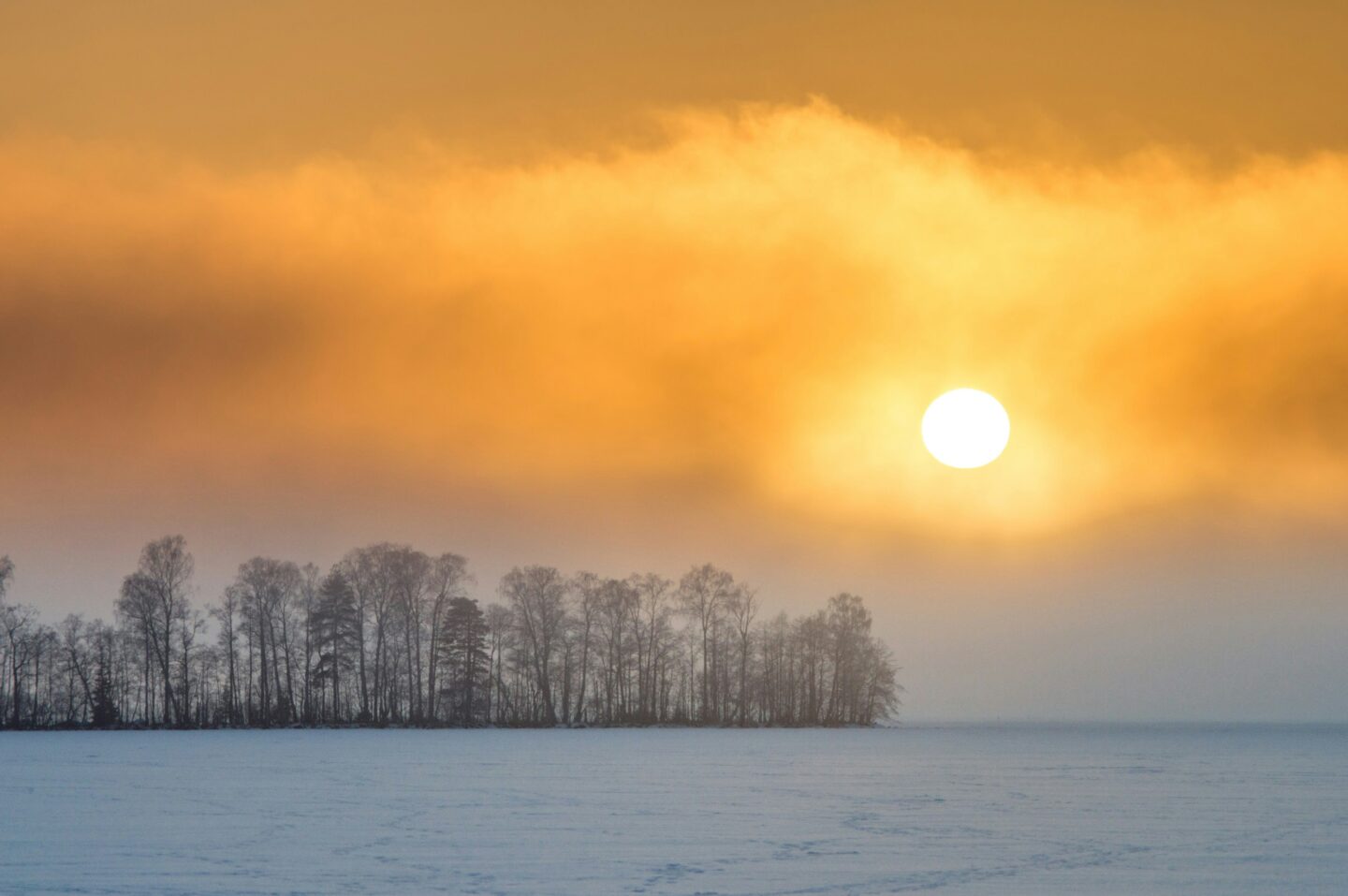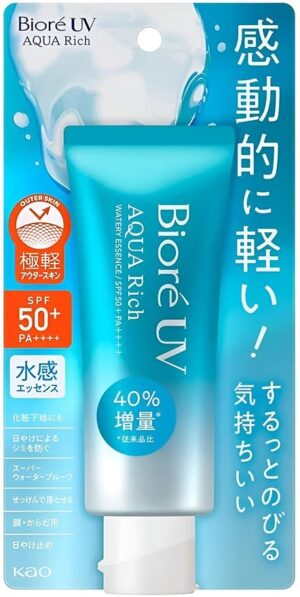It’s 2024, and we all know the importance of wearing sunscreen. Sun damage is a major and largely preventable risk factor for skin cancer. Using SPF consistently and correctly reduces that risk. UV exposure can also cause painful sunburns (which in themselves increase an individual’s risk of skin cancer later in life). And sun damage is also the primary preventable cause of visible skin aging.
Presumably, sunscreen awareness is at an all-time high. But in skincare communities all over the Internet, you’ll find newbies and enthusiasts alike pondering the age-old question: “Do I really have to use sunscreen in winter?”
(Or “Do I really have to use sunscreen on a cloudy day?”)

Why you should use sunscreen in winter
In the interests of fairness, let’s go over why you may not need to use sunscreen in winter, at least not as diligently as you would during the summer months. You likely spend much less time outdoors in winter than in summer, so you receive less UV exposure overall. The gloomier winter weather in many parts of the world further cuts down on sun exposure. So does the lower UV index due to being farther from the sun.
Due to these factors, most people will be less likely to get a sunburn in winter. That may make you feel like you don’t really need to use sunscreen in winter.
But there are compelling reasons to keep using your sunscreen even on cold, cloudy, maybe even snowy winter days. Read on to learn more.
- Just because you’re not burning, doesn’t mean your skin is safe
To understand this, let’s take a step back and look at the different types of UV radiation we’re exposed to: UVA and UVB. UVB radiation causes damage at the uppermost layers of skin and is responsible for sunburns. UVA radiation is longer wavelength than UVB. It penetrates skin more deeply than UVB and damages skin at a deeper level. UVA radiation is responsible for many visible signs of skin aging, including dark spots, coarse skin texture, and wrinkles and sagging due to collagen and elastin breakdown.
UVB levels vary throughout the year. They’re highest in summer months and lowest in winter months, since distance to the sun makes a big difference for this shorter wavelength light. UVA levels, however, remain fairly constant through the year. They also penetrate cloud cover. So repeated exposure to even winter sun on a cloudy day can lead to accelerated skin aging and increased cancer risk.
- You can still burn in winter—sometimes more easily than in summer
Just because UVB levels are lower in winter doesn’t mean they’re not present. Some winter conditions can actually increase their ability to burn and damage skin. Snow, for example, reflects UVB up at you from the ground, magnifying the effects of the sun on your skin. So if you’re out on the slopes or just taking a walk through a winter wonderland, apply SPF first.
- Cumulative sun exposure adds up
Here’s the tricky thing about sun protection. We may fully accept the need to wear sunscreen when we’re planning on being outside all day, but think that if we’re only going to be out for a little bit, we don’t need to worry. Unfortunately, that’s not how it works. The sun exposure we get when we’re outside for 10 minutes here or 15 minutes there adds up over time. The result, even if we’re never outside all day, is still increased risk of skin cancer and more visible signs of skin aging at a younger age.
So whether you’re on the sunscreen train because you’re concerned about skin cancer, or because you’d like to maintain youthful skin for as long as you can, you should use sunscreen in winter. If you can see the sun, UV radiation can reach your skin. Find a sunscreen that works for you and make sure to use it before you leave the house!
For an incomparably lightweight, high UVA and UVB protection sunscreen that dries to a non-greasy finish with no white cast, we recommend Biore UV Aqua Rich Watery Essence.
Also, check out our article on the best tinted moisturisers for a lazy day.


